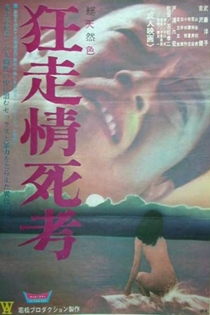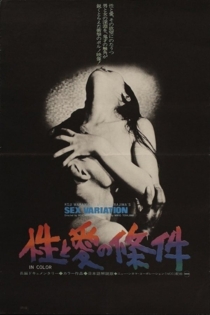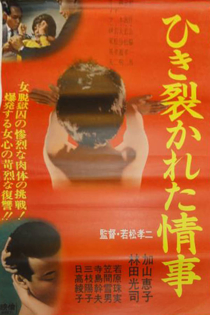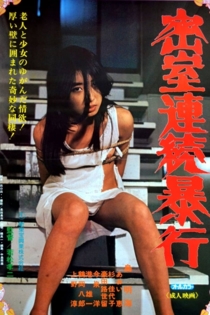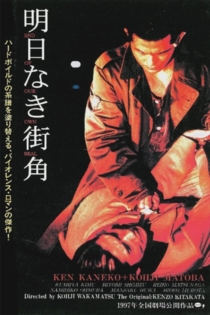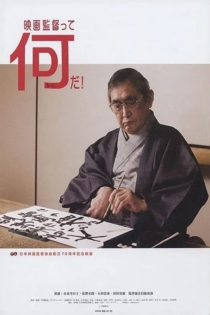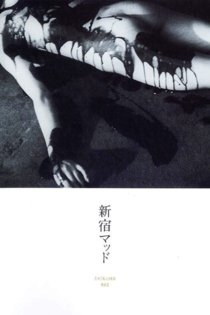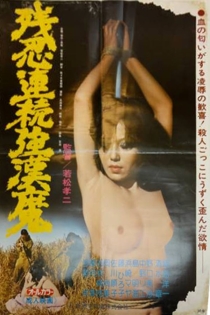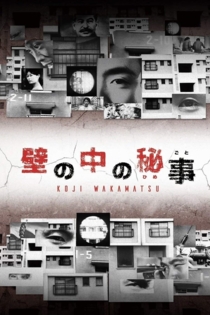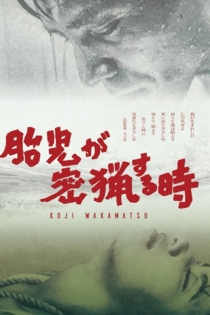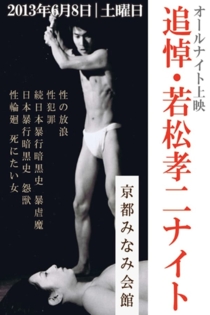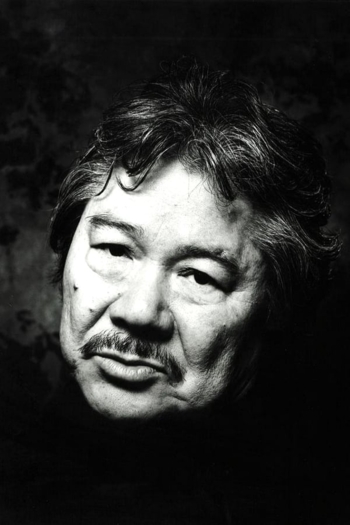
Kōji Wakamatsu
1936 - 2012His 2010 film, Caterpillar, was nominated for the Golden Bear at the 60th Berlin International Film Festival.
Description above from the Wikipedia article Kōji Wakamatsu, licensed under CC-BY-SA, full list of contributors on Wikipedia.
現代性犯罪 全員殺害
Kōji Wakamatsu
Akemi Shima, Maya Hamazaki
A girl that lost her life after being gang-raped by gang members revives as a ghost wearing a fox mask in white clothes, and while chanting mysterious words, she kills all of the men that raped her with a Japanese sword.
Gendai sei hanzai: Zenin satsugai
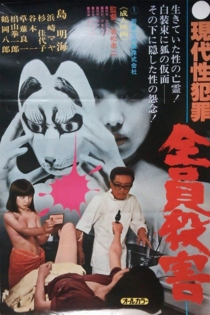
欲望の血がしたたる
Kōji Wakamatsu
Isao Higuchi, Tamaki Katori
A man who was once a student activist marries the daughter of the head of a big trust company. He uses his position as an elite salaryman to do whatever he pleases. However, a shadow from his past starts to creep into his life...
Blood of Lust Is Dripping
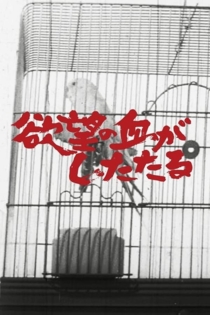
実録・連合赤軍 あさま山荘への道程
Kōji Wakamatsu
Maki Sakai, Arata Iura
The film is told in three acts, beginning with a historical background of Japan's student movement of the 1960s and early 1970s, mostly using archive footage and a narrator. The second act follows the formation of the group to their mountain training camps in the southern Japanese Alps. It emphasizes the dogmatic (and eventually hypocritical) bullying of the group by Mori and Nagata, with 12 members being killed for infractions as small as improperly cleaning a gun, wearing make-up, and kissing. The third act shows the splitting up of the group after two members run off. It follows one group of five members to Karuizawa and a hostage-taking and police standoff known as the Asama-Sansō incident.
United Red Army

狂走情死考
Kōji Wakamatsu
Yôko Mutô, Ken Yoshizawa
During clashes between demonstrators and police that rage on the streets of Tokyo, a young man hides in the house of his brother - a police officer. The latter is accidentally shot by his wife, which forces the young man to flee with her.
Running in Madness, Dying in Love
